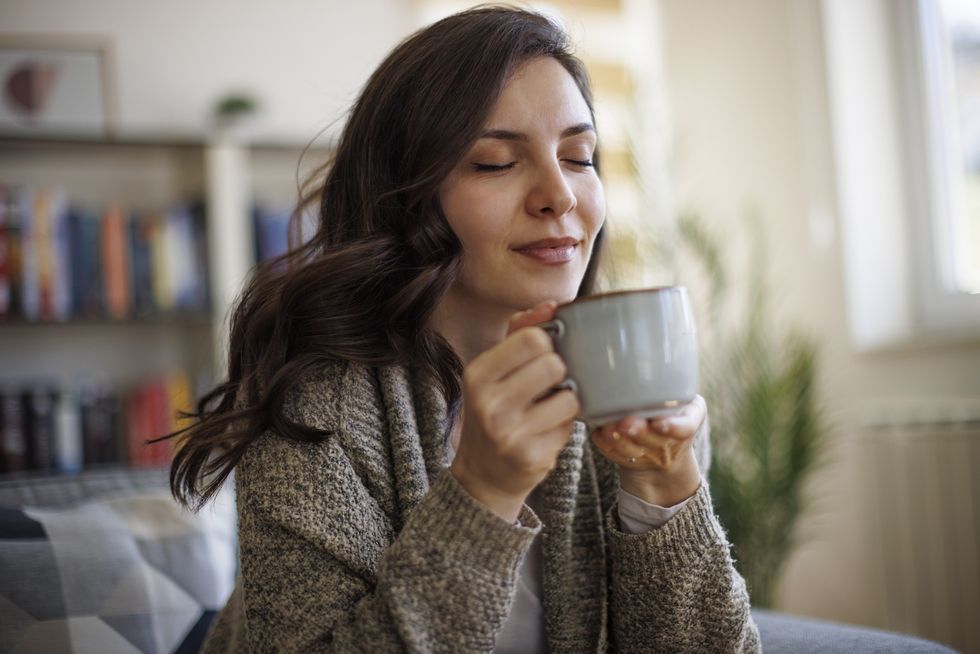Leslie Kenny shares methods to enhance sleep quality
GB NEWS
The choices you make during the day can affect how well you sleep
Don't Miss
Most Read
Latest
The clocks will move forward by one hour tomorrow, marking the start of British Summer Time.
While many of us look forward to lighter evenings, the time change comes with a cost to our sleep.
Research shows that people lose an average of 40 minutes of sleep when the clocks change.
This disruption to our sleep patterns can leave many feeling tired and groggy as they adjust to the new schedule.

Britons should avoid caffeine before bed
GETTY
Sleep is crucial for our overall health and well-being, with our bodies working to recharge and restore throughout the night.
Good quality sleep boosts mental well-being and reduces stress levels. It also helps the body recover from muscle and physical damage. Proper sleep is key to reducing the risk of various health problems.
With the clock change approaching, maintaining healthy sleep habits becomes even more important. Spokesperson at Silentnight Sally Bonser shared tips to help people wake up feeling well-rested as the clocks change.
Keep it consistent
Sally said: “Sticking to a regular bedtime routine is one of the key rules to better sleep, with irregular sleeping patterns disrupting your sleep cycle.
"Ensure you go to bed at a similar time each night, this will create a consistent sleeping pattern to ensure you wake up feeling well-rested after losing an hour’s sleep.”
Be mindful of what you consume
The expert explained: “What we ingest can really affect our sleep, with many foods and drinks causing disturbances in the night.
"Caffeine is a main deep sleep stealer, causing many people to feel alert and awake. It is always best to avoid caffeinated drinks and foods before bed, saving these for the morning.”
Increase exercise
She recommended: “Exercise is a great way to improve your overall sleep, helping the body feel sleepier in the evenings and is proven to provide a longer rest.
"Try 30 minutes of light exercise at your own pace each day. For a more intense workout, cardio and weight training can increase fatigue, or opt for yoga and breathing exercises for a slower yet effective way to wind down.”
Tech detox for better sleep
“There are many external factors which can affect your sleep flow, blue light from screens can really disrupt the body, causing the brain to stay in daytime mode in the evenings," Sally continued.
LATEST DEVELOPMENTS

Exercising during the day can improve your sleep quality
GETTY"Avoid screen time and bright lights before bed, using low-level lamps and turning the brightness down on your phone/TV to aid your wind-down process.
“You will additionally struggle to settle down when under stress, which makes it important to find a stress-reducing routine for the evenings. Whether it’s reading a book, listening to a calming podcast or trying meditation, finding a calming outlet will make all the difference when it comes to a deeper rest.“
Create a cooler sleeping environment
The expert concluded: “Your sleep environment is crucial to your quality of rest, with overheating being the number one cause of sleep disturbances. It is recommended to keep your bedroom at 18 degrees for a comfortable sleep.
"In order to prepare you for rest, your body temperature is lowered in the evenings, meaning you need balanced bedroom conditions to prevent overheating from affecting your sleep. Having breathable bedding will make all the difference as the clocks change."













